Shyam Sunder
Subscribe to read full article
This section is for paid subscribers only. Our subscription is only $37/- for one full year.
You get unlimited access to all paid section and features on the website with this subscription.
Not ready for a full subscription?
You can access this article for $2 , and have it saved to your account for one year.
- Real Name: Shyam Sunder Gaba
- Died: 15 July, 1953 (Bombay)
- Primary Cinema: Hindi
Shyam Sunder was one of the most able practitioners of the “Punjab School” of music during the formative years of Hindi cinema music. In his relatively short career spanning over 13 years Sunder composed music for just 24 films (20 Hindi and 4 Punjabi). Popular during the late 30s and 40s his major contributions include Gul Baloch (1942), Bazaar (1949), Actress (1948) and Lahore (1949).
Born in Lahore, Shyam Sunder Gaba was fascinated with music from a very early age and was quite impressed by Master Ghulam Haider, who hailed from Lahore as well. He later went on to work with him in the film Bhai (1944). Not much is known about his early years though. He started his career by composing music for Punjabi films, notably Sohni Kumharan (1939), Laila Majnu (1940) and Gul Baloch (1942). Sunder is also credited for introducing Mohd. Rafi to the music world by giving him a duet with Zeenat Begum in his film Gul Baloch. The song Sohniye ni heeriye ni teri yaad ne bada sataya went on to become hugely popular all over. An anecdote recalls that Shyam Sunder accompanied the legendary singer K L Saigal to his show in Lahore when due to a sudden power failure the show was interrupted and then Rafi went on the stage and sang without a mike in order to pacify the audience. The performance earned appreciation from Saigal sahib and Shyam Sunder; as the latter gave him his debut song a few years later. The combination of Rafi and Sunder continued to work in Hindi films as well where they produced some everlasting melodies.
Another great collaboration of Sunder was with Noor Jehan, with whom he first worked in Village Girl (1945). The emotional and visceral quality of Noor Jehan’s voice along with the violin based music composition made the song Baithi hun teri yaad ka lekar ke sahara from the film cement Sunder’s legacy as a music composer in the industry. Shyam Sunder was not only central to the career of Mohd Rafi, Noor Jehan and Lata Mangeshkar, with whom he worked in Bazaar (1949), but also added to Sulochana Kadam’s fame by giving her songs like Chori chori aag si dil me lagakar chal diye and Mausam aaya hai rangeen in the film Dholak (1951).
His music compositions, though rooted in classical music, maintained the overall melody without overpowering it. The influence of Punjab school of music was visible in the extensive use of tabla and dholak in his songs. Dholak's (1951), mandolin and dholak based song Chori chori aag si dil me lagakar chala gaya is a great example of that kind of composition. The exemplary nature of Dholak’s music is also visible in the two amazing melodies by Mohd Rafi and Lata Mangeshkar, Ki is pal ruk jaana sarkar and Aise rasiya ka kya aitbaar kare great examples of the tonal variations and melodies in the Punjab school of music.
Among the many songs her composed are Soniye ni heeriye ni teri yaad ne bahut sataya, Neend hamari khwaab tumhare, Baithi hun teri yaad ka lekar ke sahara, Ae dil meri aahon me itna asar aaye, Saajan ki gali chod chale, Challa de ja nishaani teri meharbaani, Ae mohabbat unse milne ka bahana ban gay, Baharein phir bhi aayengi, Duniya humare pyaar ki yun hi jawaan rahe , Hello hello gentleman, Jalti hai duniya jalti rahegi, Kya raat suhani hai, Mausam aaya hai rangeen, Ye bebasi ye mera haal-e-zaar dekh lo, Saza mili hai kisi se ye dil lagaane ki among many others.
Shyam Sunder’s career was cut short due to his addiction to alcohol. It was during the shooting of Lahore (1949) that he got addicted to it which led to a downward spiral in his professional life. It is said that Sunder lost control over himself under the influence of alcohol and was given to using abusive language. Lata Mangeshkar took serious offence at one such episode and didn’t speak to him for years; though she later recorded a song for him in his last film Alif Laila (1953). Shyam Sunder died during the making of Alif Laila and the music of the film was completed by his assistant Madan Mohan, the great composer of the 50s and 60s.
Trivia:
1.Manek Premchand in his book Yesterday’s Memories Today’s Melodies writes, “Every time Shyam Sunder’s name came up in OP Nayyar’s presence, the reaction would be worth watching. His hands would hold his earlobes and his tongue would come out, trapped between his teeth. Then his head would oscillate a few times. That was his way of dumb-charading oh ho, what a musician.”
References
1. Yesterday's Memories Today's Melodies by Manek Premchand



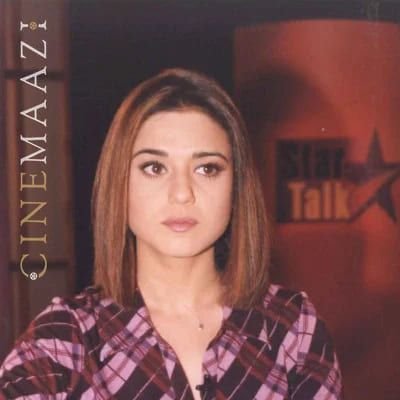
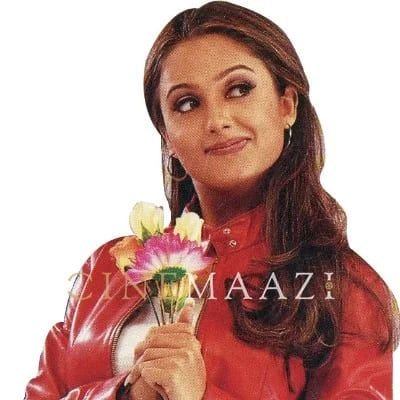
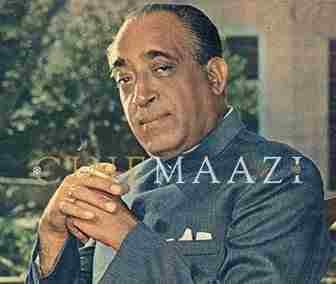
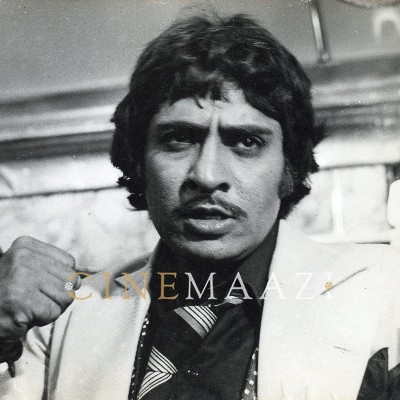
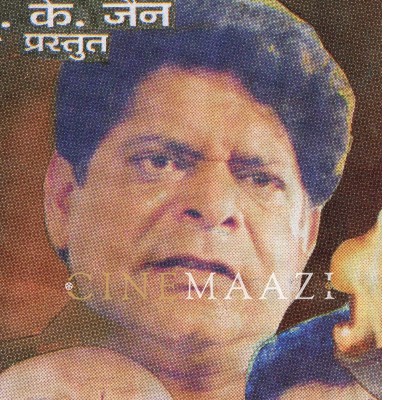

.jpg)



